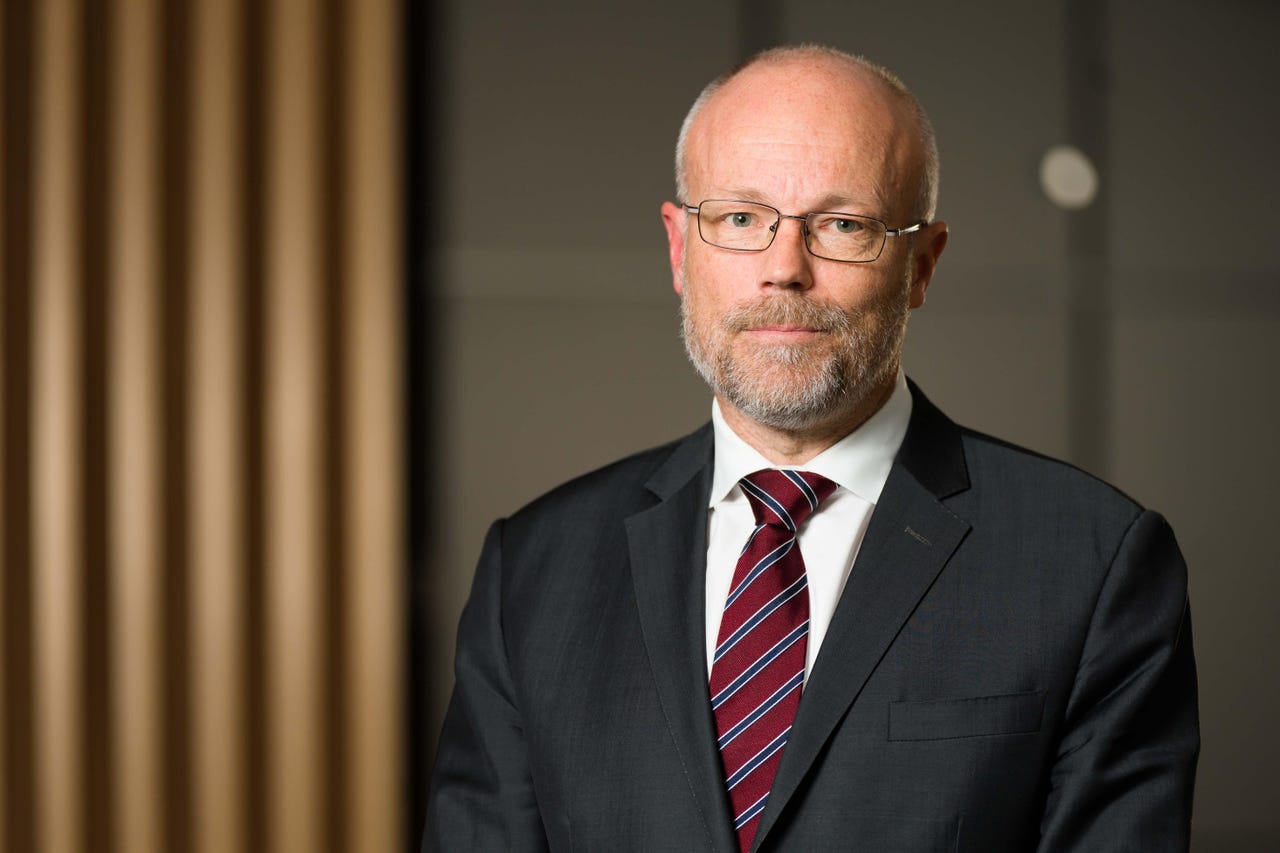Australia's cybersecurity chief Alastair MacGibbon resigns


Alastair MacGibbon, the head of the Australian Cyber Security Centre (ACSC), has tendered his resignation and will return to the private sector.
MacGibbon led the ACSC since January 2018, when it first became part of the Australian Signals Directorate (ASD).
He also held the title of National Cyber Security Adviser at the Department of Home Affairs (DHA), where he was charged with the implementation of government's Cyber Security Strategy.
ASD director-general Mike Burgess said in a statement on Saturday that he regretted the announcement of MacGibbon's resignation, saying that MacGibbon "leaves a considerable legacy".
"Alastair has been a fierce advocate for the importance of cyber security for the community, businesses and governments. He is indeed the face of cyber security in Australia and, through his leadership, helped raise the nation's cyber security standards," Burgess said.
During his time at the ACSC, MacGibbon oversaw the transition of other parts of government into the newly-independent ASD as it became a statutory authority.
He also oversaw the completion of the network of Joint Cyber Security Centres (JCSC) for coordination with the private sector, a reshaping of the government's Information Security Manual (ISM), and a tightening of access controls for government systems as part of a new Essential Eight Maturity Model.
Prior to his ACSC role, MacGibbon was then-Prime Minister Malcolm Turnbull's Special Adviser on Cyber Security, during which he led an investigation into the debacle that was the the 2016 Census.
And prior to that, from April 2015, MacGibbon was Australia's first eSafety Commissioner. In that role, his office achieved a remarkable amount of work in its first 12 months.
The perfect time to leave
"Alastair believes the end of the electoral cycle is an appropriate time for renewal," Burgess said of MacGibbon's departure from the ACSC.
The timing makes sense, and not just because MacGibbon's work at the agency had reached a natural inflection point.
It's also just days until Australia's federal election on May 18, an election that the Labor opposition is widely expected to win. At least at this stage.
For at least a year now, the consensus of the Canberra rumour mill has been that a Labor government would dismantle DHA. Word is that some public servants who were transferred into the new mega-department hadn't bothered printing new business cards because they expected their previous places in the bureaucracy would soon return.
The expectation is not unreasonable. The creation of DHA was as much a political act as it was organisational development.
It was driven in part by power struggles within the Coalition government -- particularly the need for then-Prime Minister Turnbull to slap down Australia's then-favourite attorney-general, Senator George Brandis QC, in order to placate then-Immigration and Border Protection Minister Peter Dutton.
Your writer also understands that DHA isn't a happy ship at the moment.
There's dissatisfaction with the apparent lack of efficiency in certain areas, including the cybers. MacGibbon's twin hat roles, reporting to both DHA for policy matters and ASD for operational concerns, could not have been easy.
MacGibbon has spent the past 17 months getting that curious structure to work. I can't imagine he would have been thrilled about the prospect of having to take it apart again.
He was also a Coalition choice, having originally been chosen for the special adviser role personally by Turnbull. That presumably put some noses out of joint at the Department of Prime Minister and Cabinet (PM&C), where some senior staff might have been eyeing the job for themselves.
The partisan politicisation of the public service is a disappointing reality. Axing the department or axing the person might well appeal to a new government wanting to make its mark.
Should the Coalition manage to win the election and remain in power, however, it's likely there would be a new minister for Home Affairs. Peter Dutton holds his seat by a narrow margin, and is likely to exit Parliament even if his side wins.
Ministerial attention to cybersecurity has already gone missing under Prime Minister Scott Morrison. What would the future hold?
All this is speculation, however.
MacGibbon's final day with ASD will be May 28. Until the role is permanently filled, the ACSC will be led by Lieutenant General John Frewen, the ASD's Principal Deputy Director-General.
Alastair MacGibbon has been contacted for comment.
Related Coverage
Morrison pledges AU$156m to build cyber workforce and fight cybercrime if re-elected
The multi-million dollar investment will be used to thwart 'organised cybercrime gangs', build a cyber workforce, and help small businesses stay protected.
ASIO eyes Microsoft Azure for phase one of tech transformation
Six packages are up for grabs under the spy agency's systems integration tender, with protected, secret, and top secret information to be hosted solely on Azure.
Australian Budget 2019: Census 2021 gets AU$38m to 'address issues from 2016'
Almost AU$40 million in additional funding will be provided to the ABS that aims to prevent incidents like the 2016 Census debacle from reoccurring in 2021, while the government will continue to digitise its services.
Australia should name parliament cyber attackers
In the case of such a blatant attack on Australia's institutions of government, we should stand ready to point the finger and impose some real costs on the adversary.
ACSC dumps annual conference, partners with AISA for cyber events
Australia's cybersecurity agency joins the nation's peak body for cyber professionals to deliver development programs through the government's Joint Cyber Security Centres.